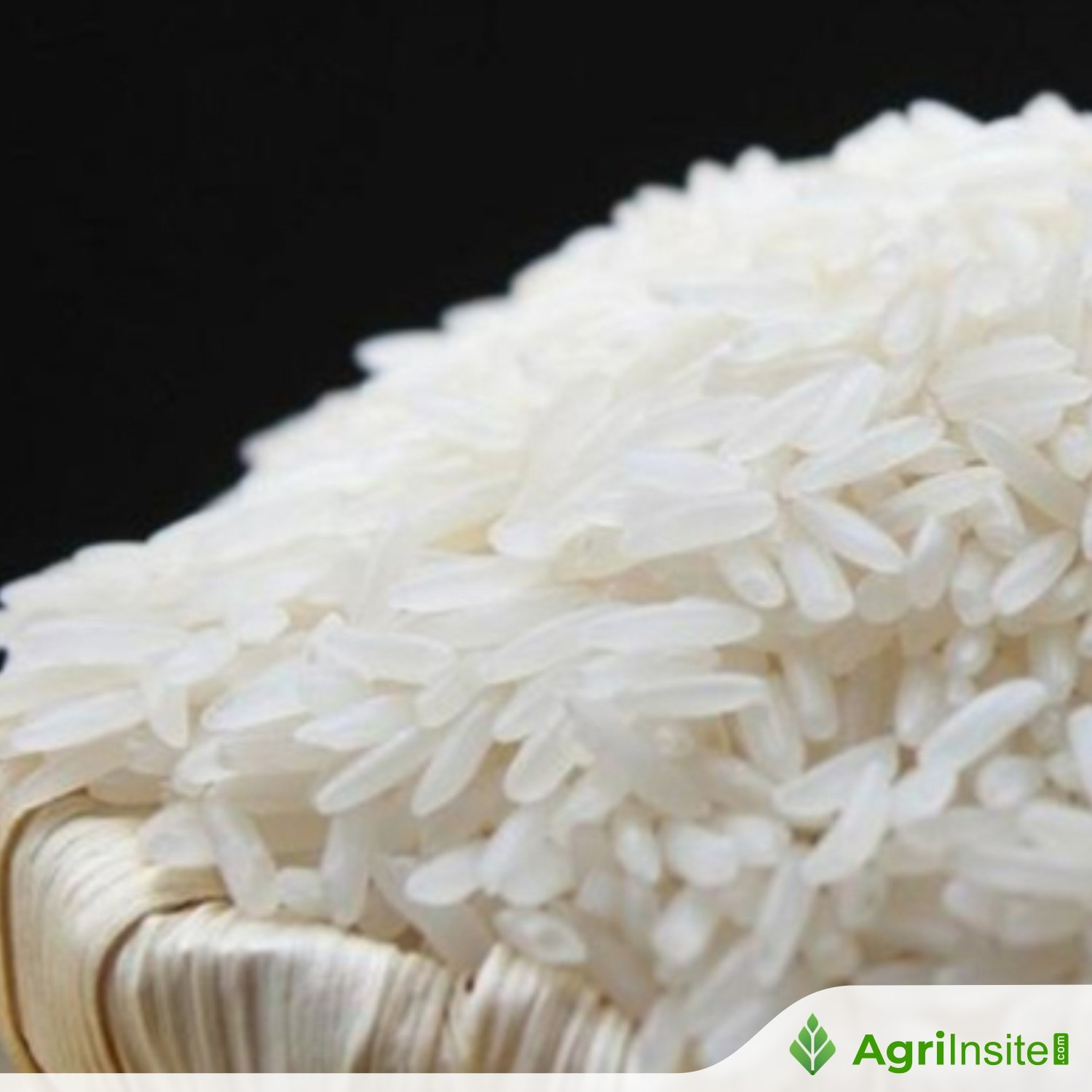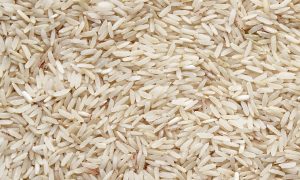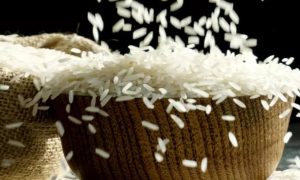Argentina’s rice industry targets Europe

Argentine rice companies like Ebro, Copra, Ceolin, and Adecoagro are shifting from Brazil to premium export markets in Europe and Central America. Focusing on traceable, high-quality rice, they now export up to 85% of production. Despite economic volatility, recent reforms under President Milei have spurred optimism and investment in Argentina’s rice sector.
What began as a bet to supply the Brazilian market has evolved into a global export platform. Argentine rice companies such as Ebro Foods, Copra, Ceolin, and Adecoagro are expanding their global presence by targeting premium, traceable, and varietal-segregated products—primarily for Europe and Central America. Brazil, once their top buyer, has ceded ground to more demanding and profitable markets.
Despite their distinct backgrounds, all four companies visited by Valor earlier this month share one strategic decision: to grow in Argentina, even amid economic turmoil and regulatory uncertainty. In light of the reforms underway under President Javier Milei, they report a more favorable climate for investment and project continued expansion in the coming years.
Brazil played a key role in many of these companies’ early business strategies. Copra, for instance, built its Mercedes plant to serve Brazilian demand. “When this plant was built, it was meant to sell to Brazil,” said general manager Christian Jetter.
“We used to sell Carnaroli and long-grain rice, but Brazil became a difficult market—volatile and unpredictable. Today it’s almost irrelevant to us,” Mr. Jetter said during a tour of Copra’s storage area on a cold Argentine winter day.
Adecoagro, a multinational with strong operations in Brazil’s sugar and ethanol sectors, still markets the Monte Alegre rice brand to Brazilian consumers—but only through exports. “Even without local rice production in Brazil, we see it as a strategic market, particularly in the South,” said Walter Cardozo, the company’s operations director.
Grupo Ceolin was an early mover, entering Argentina in the 1990s during the early days of Mercosur. Founded in Nova Palma (Rio Grande do Sul), the group now operates four mills in Argentina, viewing the country as a natural extension of its agribusiness footprint.
“We started small, with our feet in the mud, but we always had vision,” said CEO and cofounder Antonio Ceolin, seated in a heated office overlooking vast rice fields and sprawling reservoirs.
Over time, these companies realized the greatest value lay in exports to regions like the European Union, which demand high-quality, segregated, and traceable rice varieties.
Copra now exports 80% to 85% of its output, mainly to European countries. Its flagship product is Carnaroli, a preferred variety for risotto. “Quality is paramount there. Our main competitors now are Uruguayans, not Brazilians,” said Mr. Jetter.
Adecoagro also exports 75% to 80% of its rice, offering 15 different varieties ranging from short Japanese-style grains to large, long-grain types. The entire process is segregated from seed to port. “We work with 100% segregation. Our edge is integrated production—we control everything from genetics to shipping,” Mr. Cardozo noted.
Ebro, meanwhile, is betting on technology, digitalization, and AI. The company sees growing demand for premium, traceable rice not only in Europe but also in the U.S. “Our commitment goes beyond large-scale production. We aim for efficiency and excellence with minimal environmental impact,” said project manager Dario Sanches.
Despite Argentina’s history of economic volatility, the companies expressed optimism about the current landscape. Recent reforms—such as tax cuts on rice and the removal of export barriers—have created a more investment-friendly environment, as Valor reported recently.
Ebro, for example, tripled its processing capacity last season and plans to invest between $5 million and $10 million annually. Copra has announced a $4 million expansion with four new silos and upgrades to its milling operations.
Adecoagro, with four mills and three drying facilities in Argentina, has a five-year expansion plan that includes new metal silos, dryers, and automation technologies. “Our focus is on quality growth and minimizing operational risks—like those tied to grain bags,” Mr. Cardozo said.
Grupo Ceolin also sees Argentina as strategically vital, citing fertile land and abundant water in Corrientes. “We’ve faced plenty of volatility, but we’ve never stopped believing in this country’s potential,” said Mr. Ceolin.
To Read more about Rice News continue reading Agriinsite.com
Source : Valor International














